
Recommendation
“Gaslighting,” Merriam-Webster’s “word of the year” in 2022, is a term that gets bandied about when one person questions another’s credibility. However, gaslighting is a much more specific, nefarious behavior. With clarity, sensitivity, and academic rigor, philosopher Kate Abramson conducts a deep dive into its characteristics, motives, and psychological damage. She illustrates how gaslighters undermine their targets’ confidence and independence, and how gaslighting often reinforces oppressive ideologies such as sexism and racism. Abramson notes that most gaslighters are men, while their victims are most commonly women, and her use of pronouns throughout her book is representative of a textbook case. However, anyone can become the victim of a gaslighter. People who’ve experienced gaslighting — and those who support them — will appreciate the insight and validation Abramson’s account provides.
Summary
About the Author
Kate Abramson is an associate professor of philosophy at Indiana University Bloomington. Her research interests include contemporary ethics and philosophical feminism.







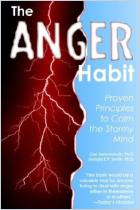
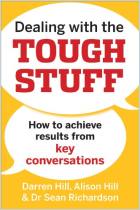
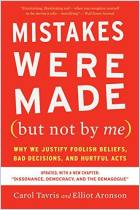
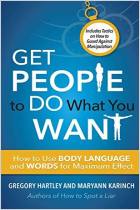
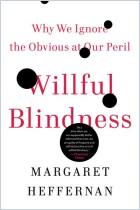














Comment on this summary or Iniciar a Discussão